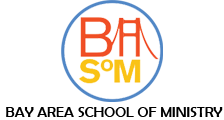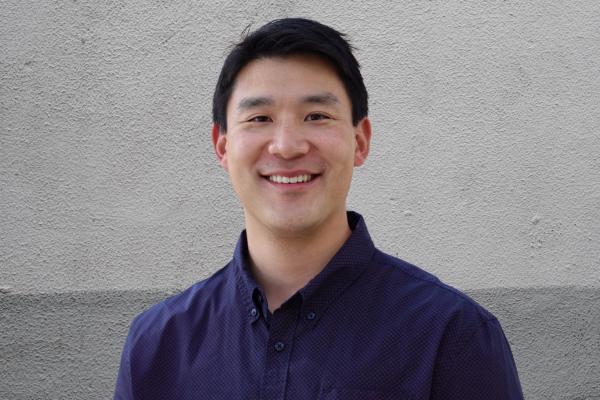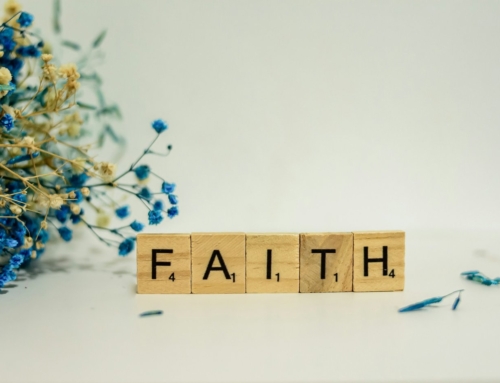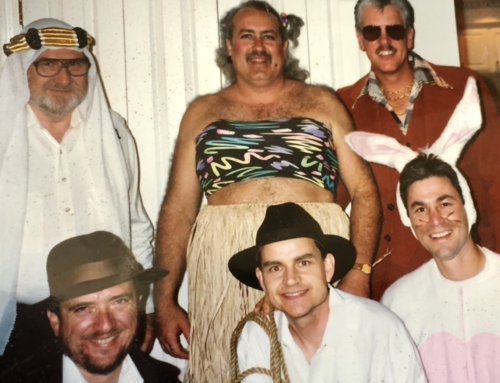Curmudgeons
By: Justin Chao, BASOM Pastoral Resident
I’m a Pastoral Resident with the Bay Area School of Ministry, working at Central Peninsula Church. I love my job. On Tuesdays we have staff meetings where we bond, connect, plan, strategize and debrief our ministries. Often we get into small groups and we pray for each other. Recently, we prayed about the holidays and for the curmudgeons or grumpy people in our lives. We all have people in our lives who are hard to love. What I’m learning is: loving these people is not just nice, it’s our job as followers of Christ.
The Bible says in Luke 6:32-34, “If you love those who love you, what credit is that to you? Even sinners love those who love them. And if you do good to those who are good to you, what credit is that to you? Even sinners do that… But love your enemies, do good to them, and lend to them without expecting to get anything back.” Often, we give to the people who are nice to us or will reciprocate in some way. To give without wanting anything in return is what we’re called to do.
I’m learning that Jesus calls us to love everyone. Even the ones who may be hard to love. Earlier this year, I was recently certified as a Trauma Counselor. I’ve learned how trauma impacts our relationships. We all have trauma and many of us hold onto it. There are two basic types of trauma: “Big T” and “Little T.” “Big T” is when an event or circumstance changes us from the inside out. “Little T” is more subtle, like not getting your needs met as a child. I’m learning that when trauma goes untreated it can often lead to many relational issues. As they say, “hurt people, hurt people.”
Years ago, Harvard University did a study on happiness and contentment. They found that goal attainment does not lead to happiness. So what does? The study concluded that if we want to maintain happiness in this life, we must maintain healthy relationships. Acquiring things will not make us happy; the right community will. Here’s an analogy: How does a sick dog recuperate? You can feed it a bunch of meds, change its diet, and let it rest. But the best way to rehabilitate a sick dog is to put it in a pack of healthy dogs. Those healthy dogs will teach the sick pup how to behave and it will naturally regain its health. Community isn’t just nice, it’s healing.
So let me leave you with some encouragement: Listen to the curmudgeons in your life. Hold space for them. Help them connect through community. A good question is: “Am I listening to respond or am I listening to understand?” The former always involves our ego. The latter involves empathy. While sympathy says we’re sorry for their pain, empathy says we’re seeking to understand their pain. Empathy is always harder. It requires more time, better listening and paying attention. Stay in community. It’s how we stay healthy. And when you’re ready, help heal others by listening, holding space and inviting those curmudgeons into community.







Thank you for this post! I have someone I love who suffered Big T trauma throughout their childhood and as a result they are not super skilled at relationship anything. I’ve been deeply wounded by them, but I can often be so focused on my own hurt that I forget that they were forged in the most difficult of fires. I love how you apply giving without seeking anything in return to emotional or relational exchanges. It’s the first time I’ve heard that taught and it will help me reframe my heart. What you also don’t know, is that I was just praying for God to expand my heart toward this person yesterday. Thank you for being His hands and feet.